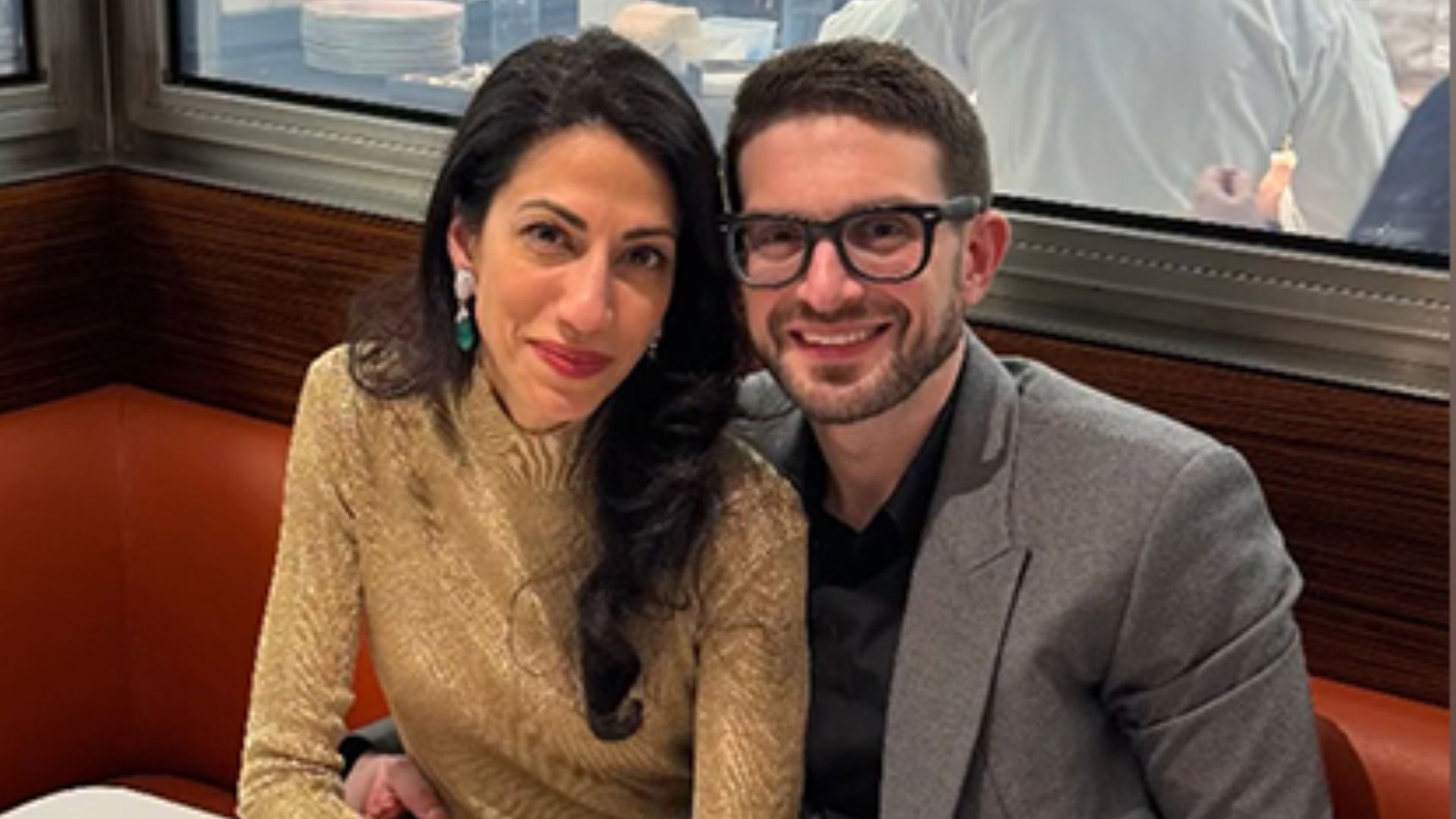Soros Engagement Overview

Soros engagement refers to the philanthropic and investment activities of George Soros and his network of foundations, known as the Open Society Foundations. Soros’s engagement aims to promote democracy, human rights, and economic development worldwide.
Soros engagement initiatives cover a wide range of areas, including:
- Support for civil society organizations
- Advocacy for human rights and social justice
- Investment in education, healthcare, and other social programs
The goals and objectives of Soros engagement are to:
- Promote open and democratic societies
- Advance human rights and fundamental freedoms
- Strengthen civil society and empower marginalized communities
- Foster economic development and reduce inequality
Controversy and Criticism: Soros Engagement
Soros’s engagement in philanthropy and political activism has attracted both praise and criticism. Critics have accused him of using his wealth to influence elections and promote his own political agenda. They have also raised concerns about the lack of transparency in his philanthropic activities.
One of the most common criticisms of Soros is that he uses his wealth to influence elections. Critics point to his support for liberal and progressive candidates and causes, and they argue that he is trying to buy political influence. In 2016, for example, Soros spent $27 million on political donations, making him one of the largest donors in the US election cycle. His donations went primarily to Democratic candidates and causes.
Criticisms of Soros’s Philanthropy, Soros engagement
Critics of Soros’s philanthropy argue that it lacks transparency and accountability. They point out that Soros’s Open Society Foundations are not subject to the same level of oversight as other charitable organizations. They also argue that Soros uses his philanthropy to promote his own political agenda.
For example, in 2017, Soros’s Open Society Foundations gave $18 million to the American Civil Liberties Union (ACLU). The ACLU is a non-profit organization that fights for civil liberties. Critics of Soros argue that this donation was an attempt to promote Soros’s own political agenda, which includes support for liberal causes such as abortion rights and gun control.
Soros has defended his philanthropy, arguing that it is aimed at promoting democracy and human rights around the world. He has also said that he is not trying to influence elections, but rather to support candidates and causes that he believes in.
Validity of Criticisms
The validity of the criticisms against Soros is a matter of debate. Some critics argue that Soros’s wealth and influence give him too much power over the political process. Others argue that Soros is a philanthropist who is using his wealth to make the world a better place.
It is important to note that there is no consensus on the validity of the criticisms against Soros. Some people believe that he is a dangerous influence on the political process, while others believe that he is a philanthropist who is using his wealth to make the world a better place.
Amidst the complexities of Soros’ engagement, it is crucial to consider the potential impact on regional dynamics. Take, for instance, the implications for Mount Vernon, Indiana , a small town poised at the crossroads of multiple geopolitical forces. Soros’ initiatives may inadvertently shape the economic and social landscape of this community, highlighting the intricate interplay between global affairs and local realities.
Soros’s engagement in various humanitarian endeavors has had a profound impact on the global landscape. One such notable figure associated with his initiatives is Huma Abedin , a prominent political strategist and former aide to Hillary Clinton. Abedin’s involvement in Soros’s philanthropic efforts has further solidified his commitment to empowering marginalized communities and promoting social justice.
